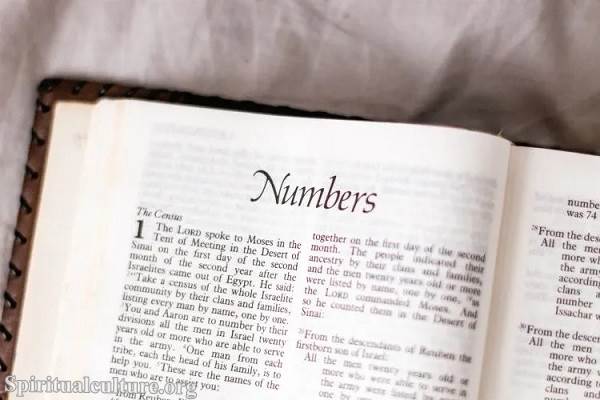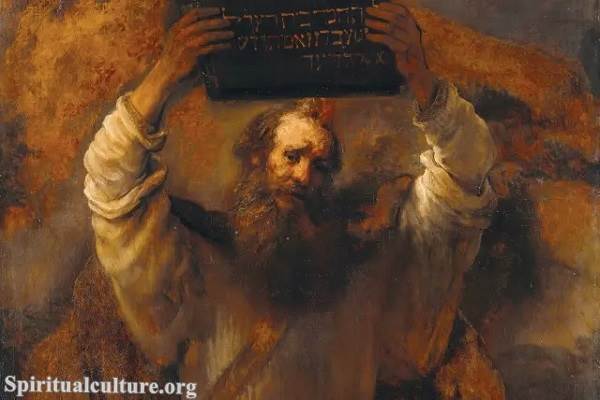This ancient biblical text plays a significant role in Judaic tradition, containing vital narratives, laws, and instructions that have shaped Jewish history, culture, and belief systems.

The Book of Numbers is a fascinating blend of history, law, and spirituality, weaved together into a captivating narrative. This book forms an integral part of the Pentateuch, the first five books of the Bible, also known as the Five Books of Moses.
Judaism and the Book of Numbers
In Judaism, the Book of Numbers is not just a historical or religious text; it is a living part of Jewish culture and faith. It is read in synagogues during worship services and studied in depth in Jewish schools and homes. This book provides an essential link between the past and the present, helping Jews understand their rich heritage and their covenant with God.
The Book of Numbers covers a critical period in Jewish history – the 40 years the Israelites spent wandering in the desert after their Exodus from Egypt. This journey, fraught with trials and tribulations, is a cornerstone of Jewish identity and faith. It is in this wilderness that the Israelites, under the leadership of Moses, transform from a group of slaves into a unified nation, ready to enter the Promised Land.
Key Themes in the Book of Numbers
The Book of Numbers is rich in themes and lessons that are deeply ingrained in Jewish thought and practice. One of the central themes is the concept of ‘census.’ The book begins and ends with a census of the Israelite population, symbolizing order and organization in the midst of chaos and uncertainty. This act of counting each individual underscores the importance of every single person in the community, a value deeply cherished in Judaism.
Another prominent theme is the constant testing of the Israelites’ faith and obedience. The wilderness journey is marked by numerous instances of rebellion, complaints, and punishments, revealing the human propensity for discontent and disobedience. Yet, amidst these trials, God’s grace and mercy are also evident, providing hope and redemption.
The Book of Numbers also contains several laws and commandments that have significantly influenced Jewish religious practices. These include the laws of the Nazirite vow, the priestly blessing, and the red heifer, among others.
Interpretation and Influence
The Book of Numbers has been interpreted and reinterpreted throughout the centuries in various Jewish traditions. The Midrash, Talmud, and other Jewish commentaries have delved into its depths, extracting lessons and meanings relevant to different historical and cultural contexts.
The narratives and teachings in the Book of Numbers have also influenced Jewish liturgy, ethics, and community life. For instance, the priestly blessing, found in Numbers 6:24-26, is a central part of Jewish worship services. The laws of purity and impurity outlined in the book have shaped Jewish rituals and lifestyle practices.
In conclusion, the Book of Numbers is a fundamental part of Judaism, providing a historical account of the Jewish people’s wilderness journey, a source of laws and rituals, and a treasure trove of spiritual lessons. It is a testament to the resilience, faith, and identity of the Jewish people, serving as a constant reminder of their covenant with God. The narratives, laws, and teachings in this book continue to inspire and guide Jewish thought and practice, making it an invaluable part of the Jewish heritage.



